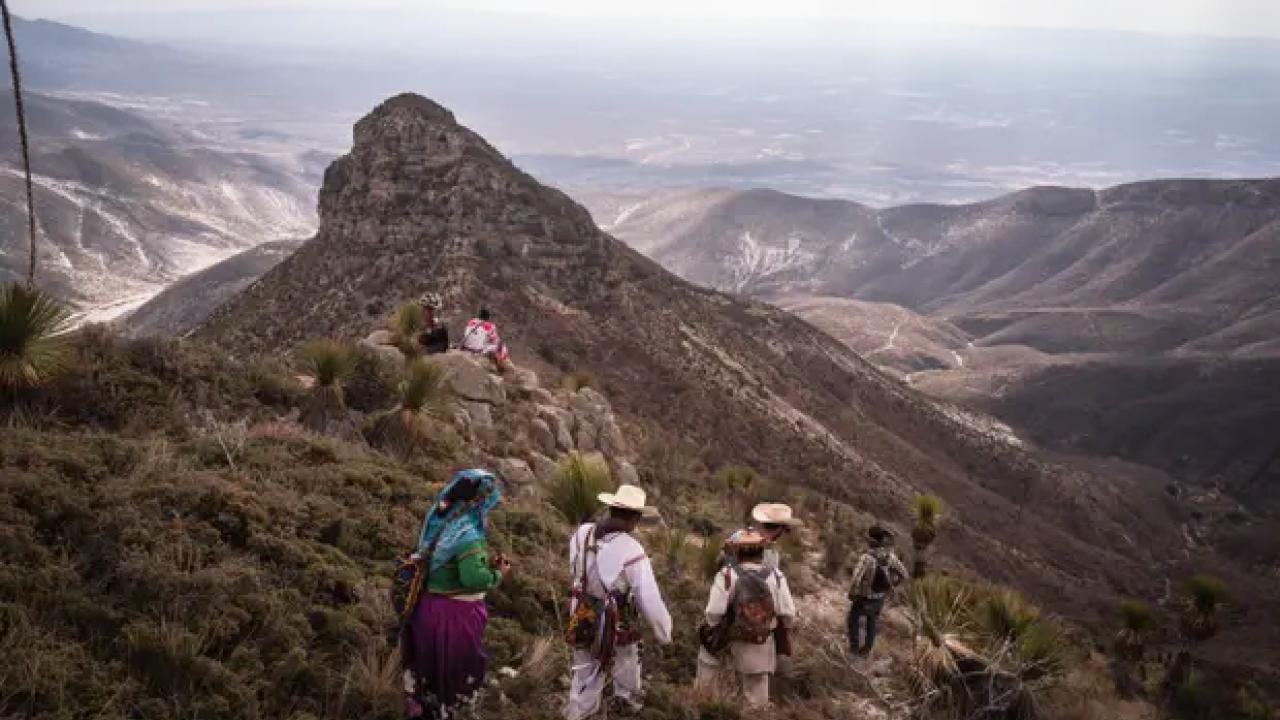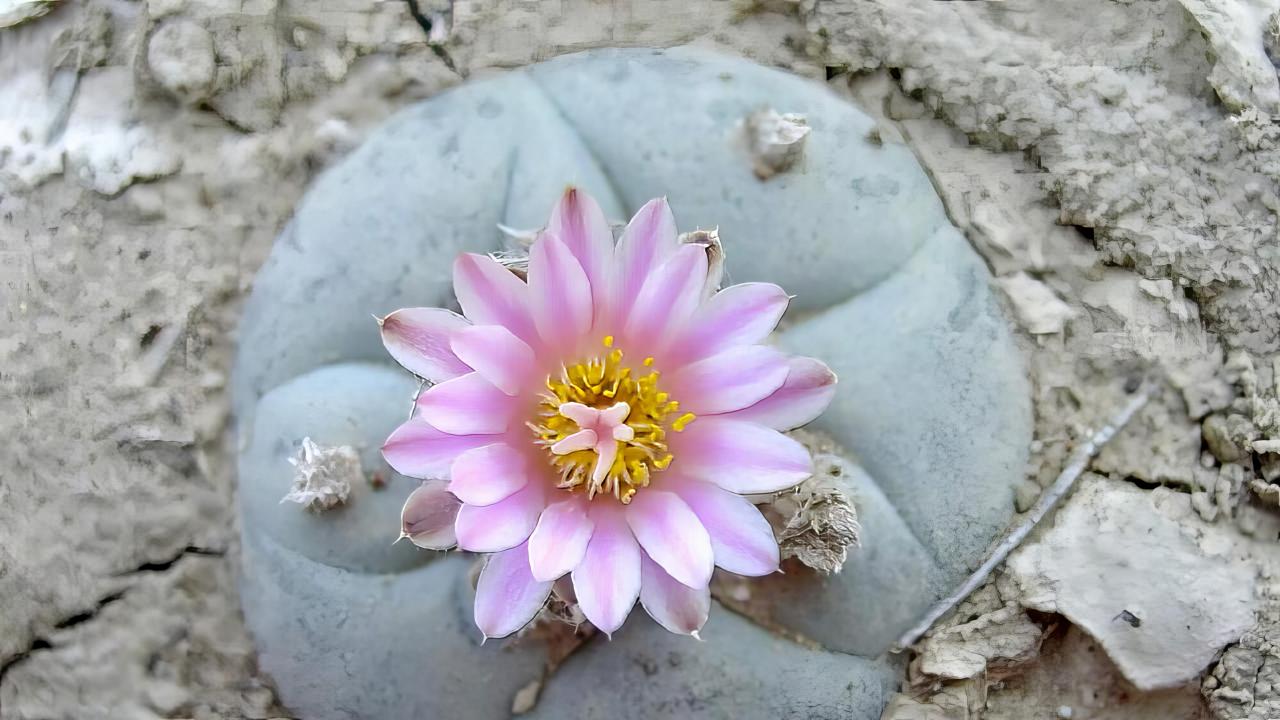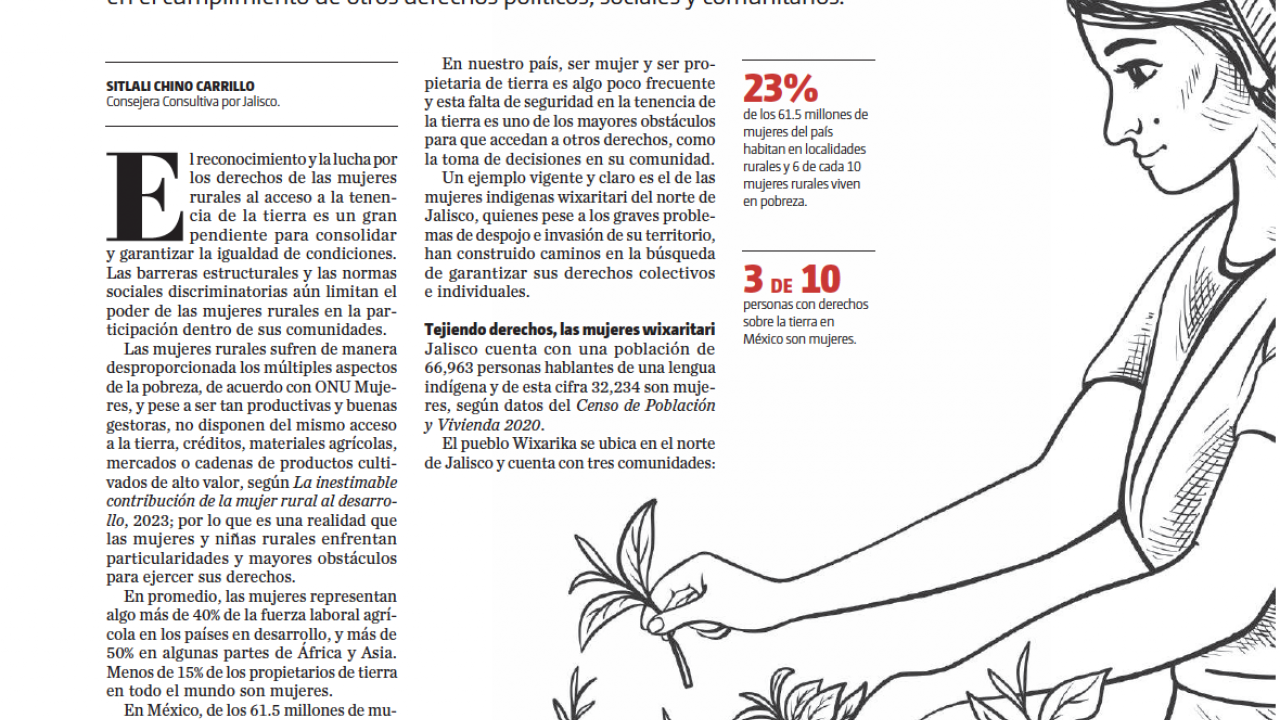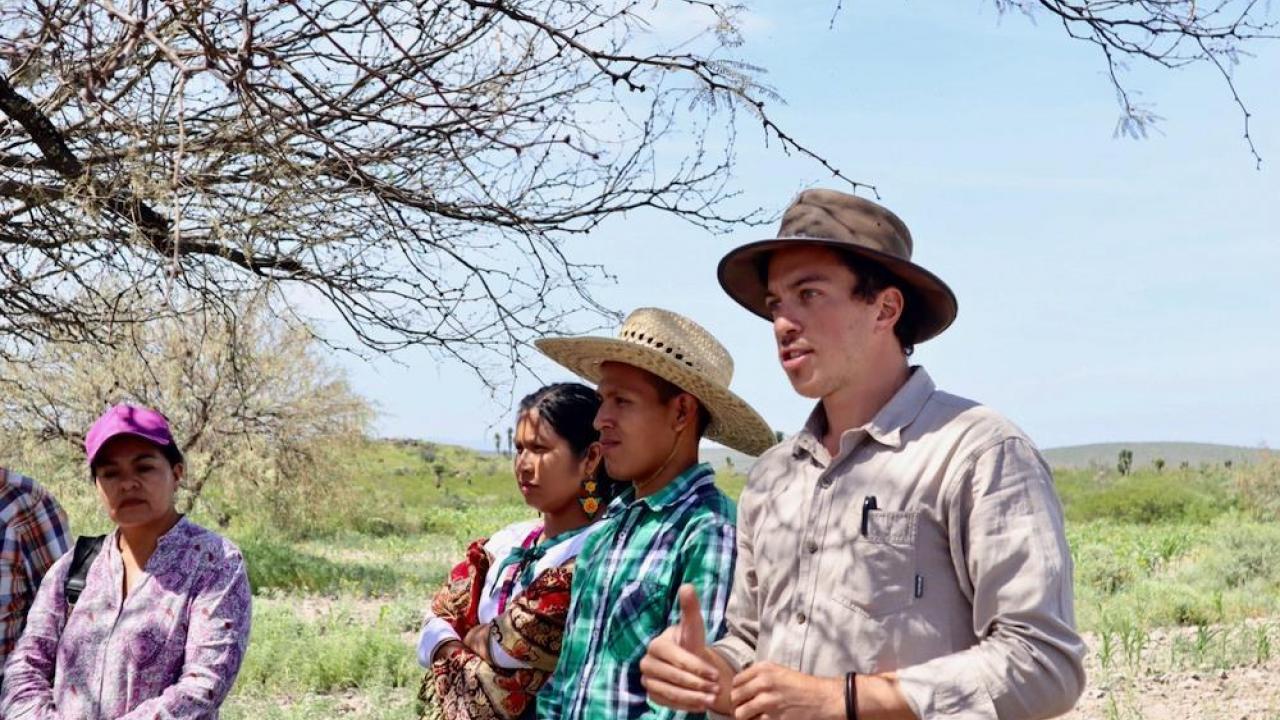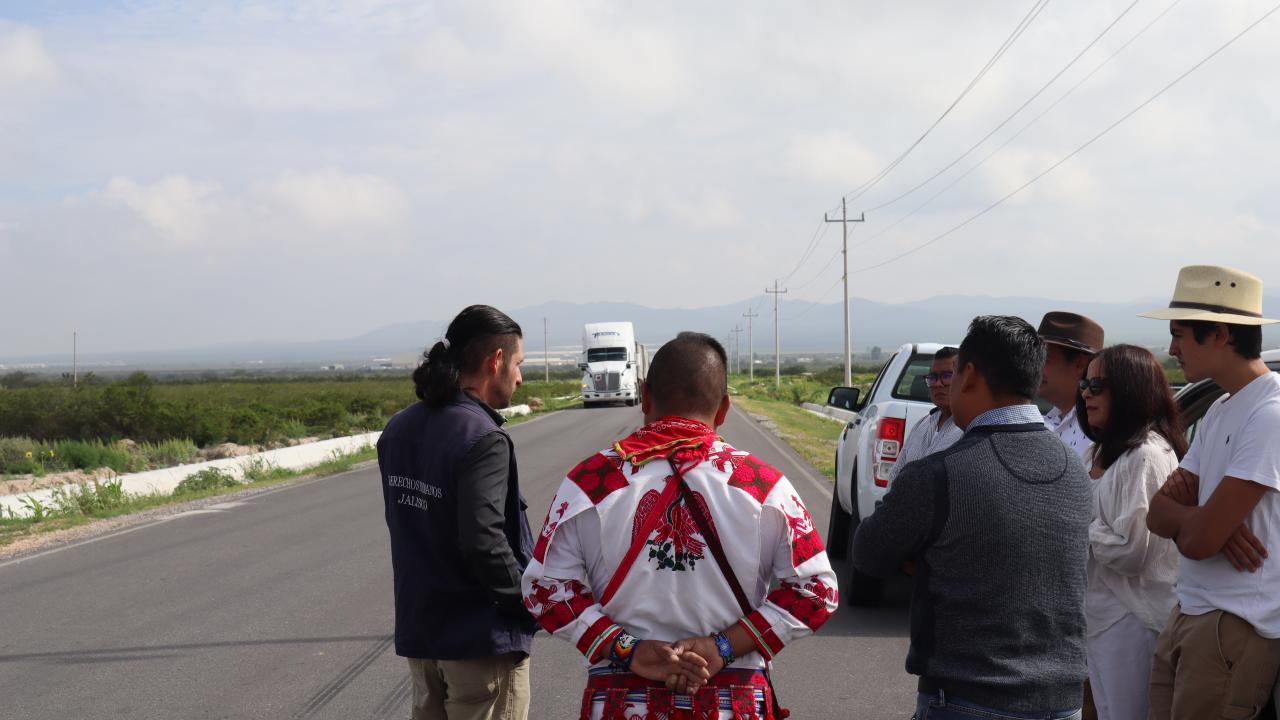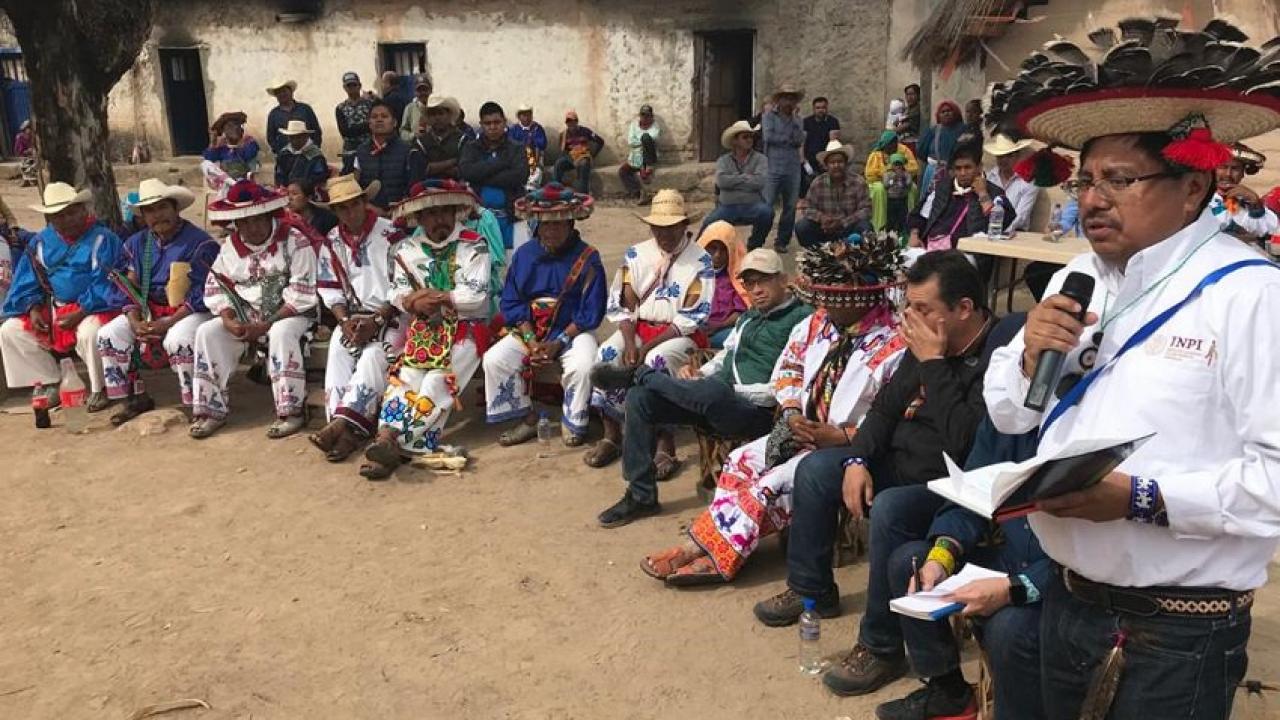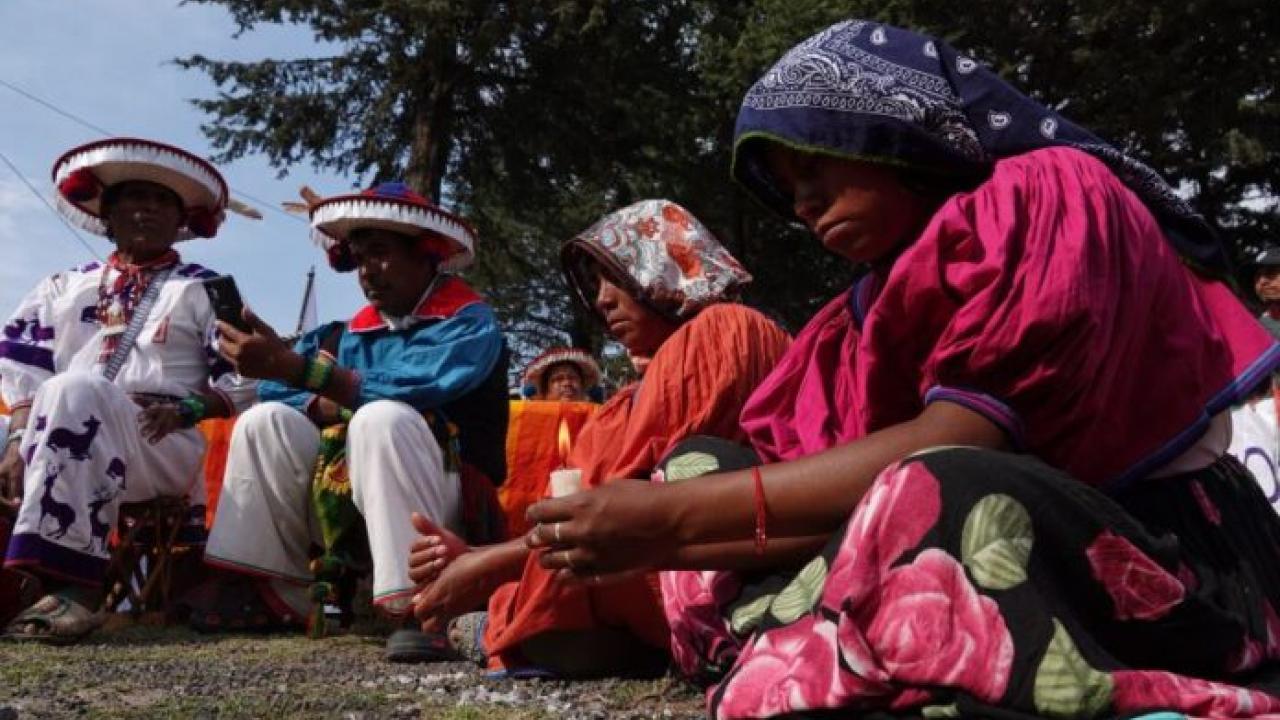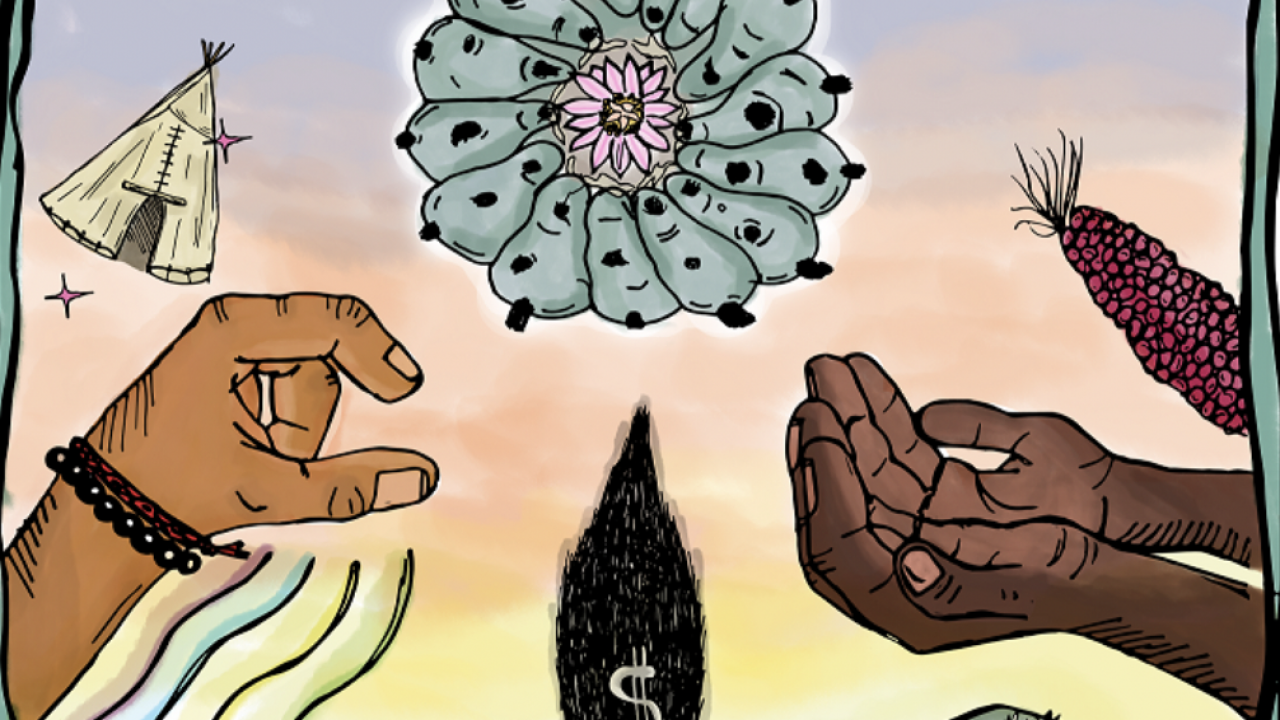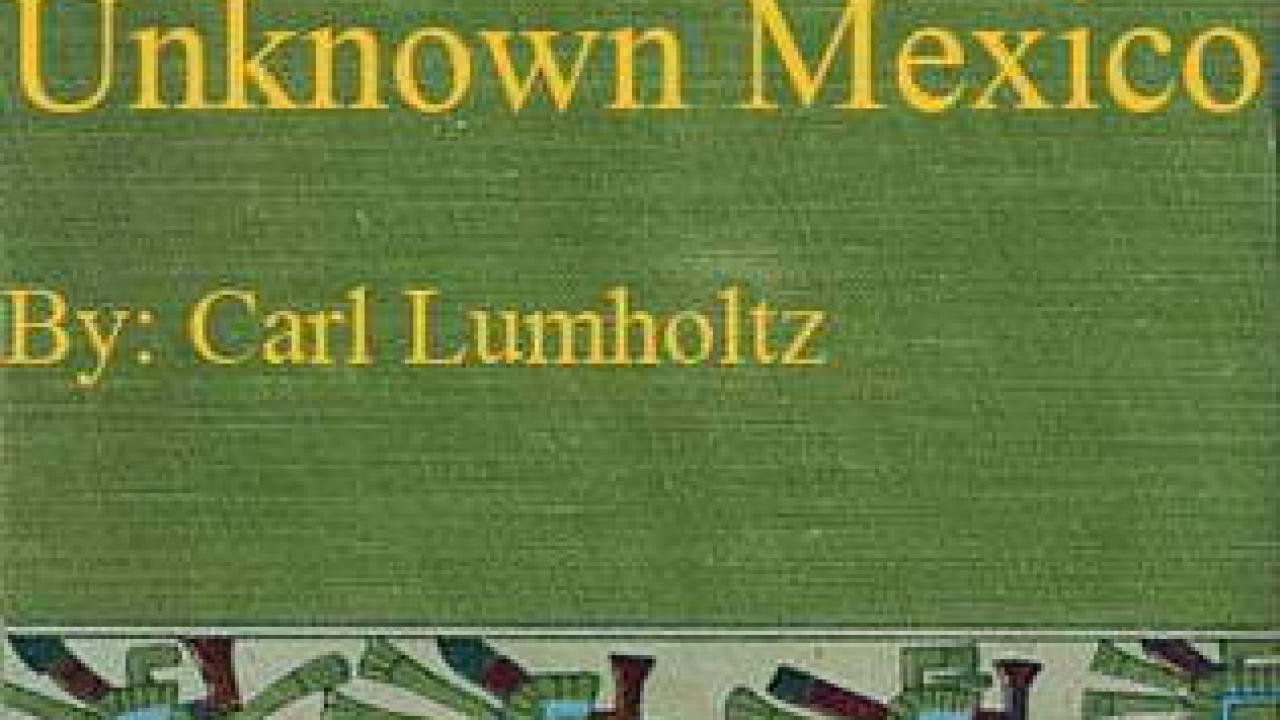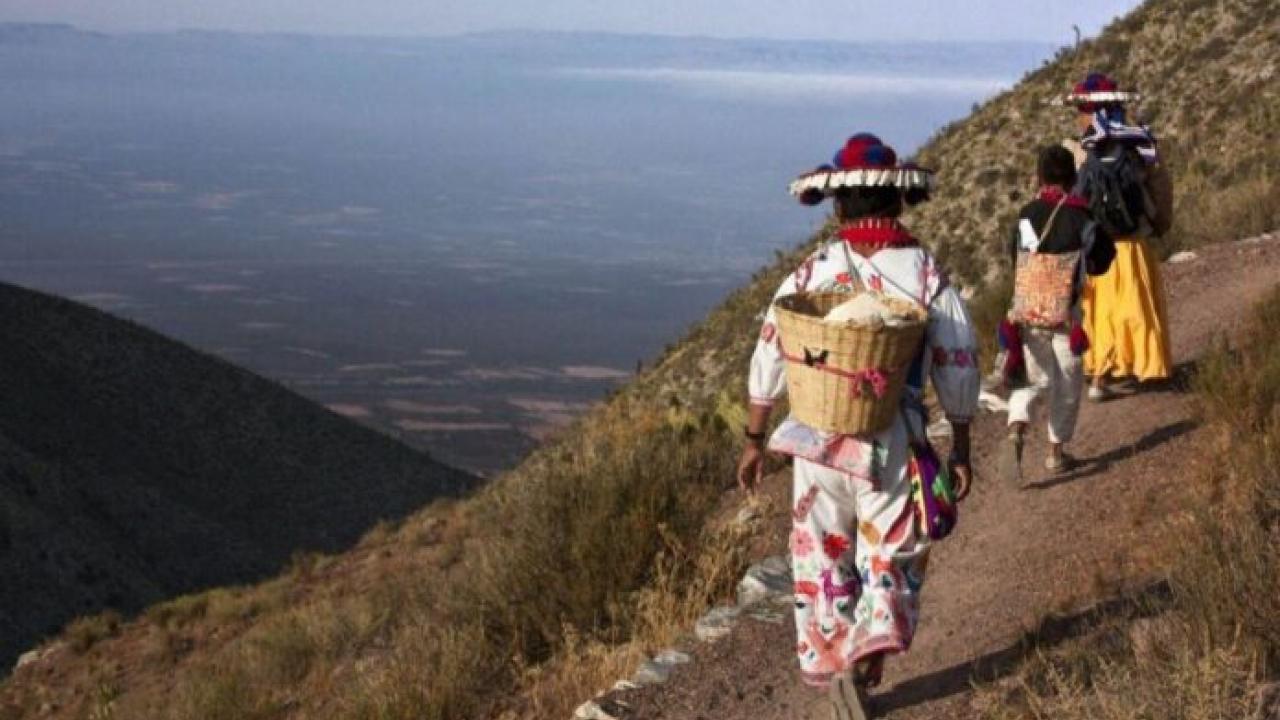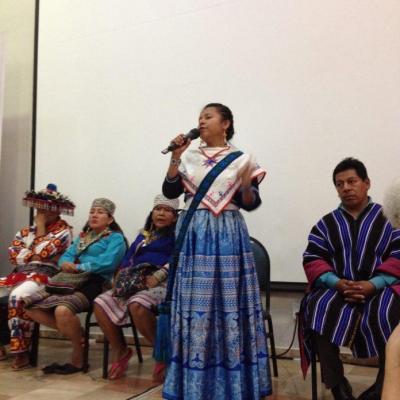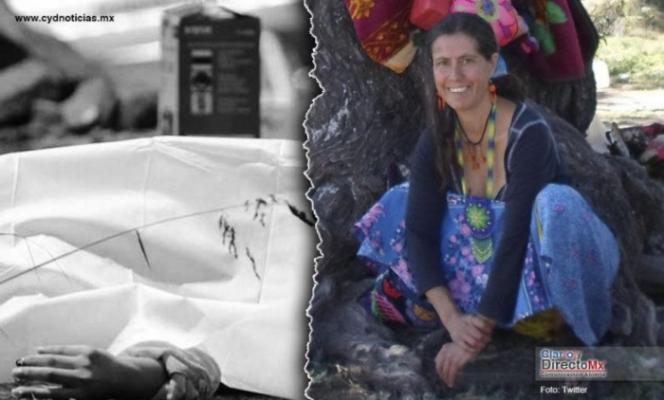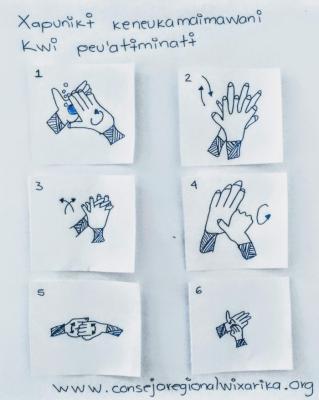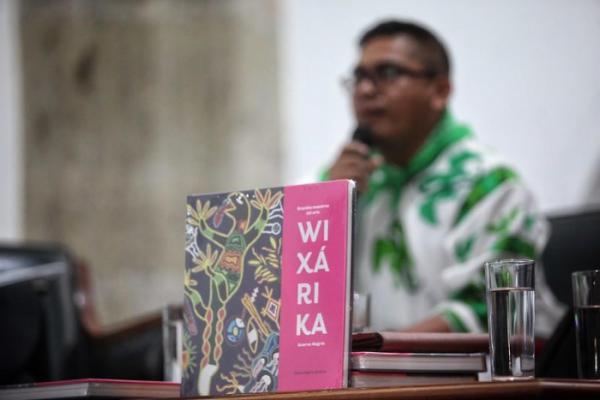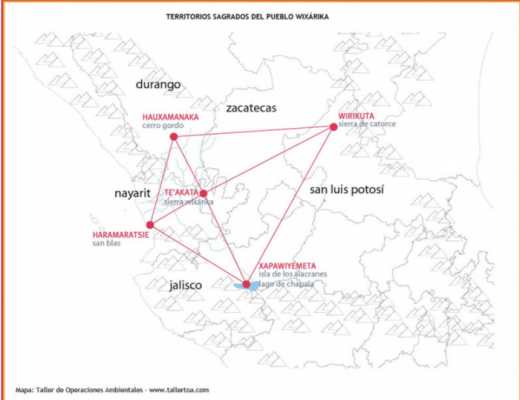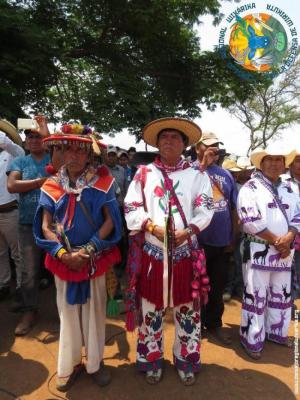Consejo Regional Wixárika
| March 2020
COMMUNICATION REGARDING CORONAVIRUS COVID-19
The communities that make up the Wixárika Regional Council for the defense of Wirikuta express our great concern about the global pandemic caused by COVID-19. The foregoing, mainly because historically we have not been guaranteed adequate access to healthcare.
Throughout the state and federal governments, over the years, the Wixaritari communities have constantly denounced, and without favorable response, the lack of access to adequate health facilities, specialized doctors, medicines, and basic supplies. Let us remember the context of remoteness that exists between our communities in relation to the nearby municipal seats.
